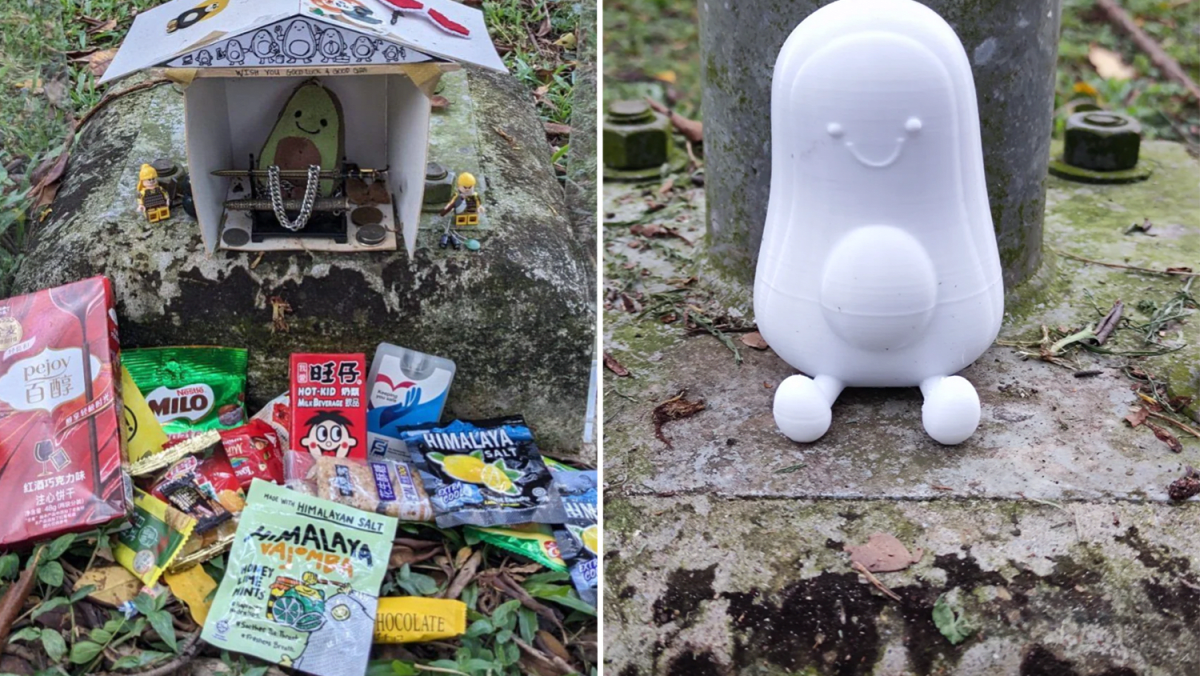Several providers told CNA they have introduced measures to address this, including offering flexible work arrangements.
Ms Gillian Tee, CEO and co-founder of care service provider Homage, said it is “crucial” to address the factors – other than salaries – that can enable people to enter and remain in the healthcare industry.
Homage has a network of more than 10,000 trained care professionals and delivers over 1 million hourly care sessions annually.
“With more control over their schedule, healthcare professionals can still provide their unique caregiving skills without burning themselves out, resulting in better career longevity,” she said.
“Such arrangements also cater to individuals who may not be able to commit to full-time roles but have the heartbeat, motivation and skill sets to deliver care.”
NTUC Health said it supports employees who have varied commitments and needs by offering flexible working hours, part-time employment and a choice to work in any of its locations across Singapore.
It has partnered with the Agency of Integrated Care (AIC) to pilot the Community Care Job Redesign initiative, which looks at how they can make selected roles in the sector attractive to fresh school leavers or mid-career switchers, said Ms Kok.
CHALLENGING WORK
Some community care jobs involve looking after someone constantly. Annie (not her real name) has been a live-in caregiver for about six years and she takes care of patients in their homes.
The round-the-clock caregiving means there are times she does not get much sleep, but it is not fatigue that is the most difficult part of her job.
Many caregivers struggle with the challenge of dealing with their patients’ families, she said.
“If it’s the patient and you only, it’s quite okay, we can manage each other,” she said.
Annie said she treats her patient like her own family and knows of other caregivers who do the same. She feels content in her work because she gets on well with her patient and their family.
But she has heard of others who have left the profession due to the stress of dealing with their patient’s relatives. Annie believes this aspect of the job may keep some away.
Ms Felicia See, head of human resources at Home Nursing Foundation (HNF), said: “Community care sector employees typically feel that the work that they are doing is not something that the public will understand and empathise with.”













